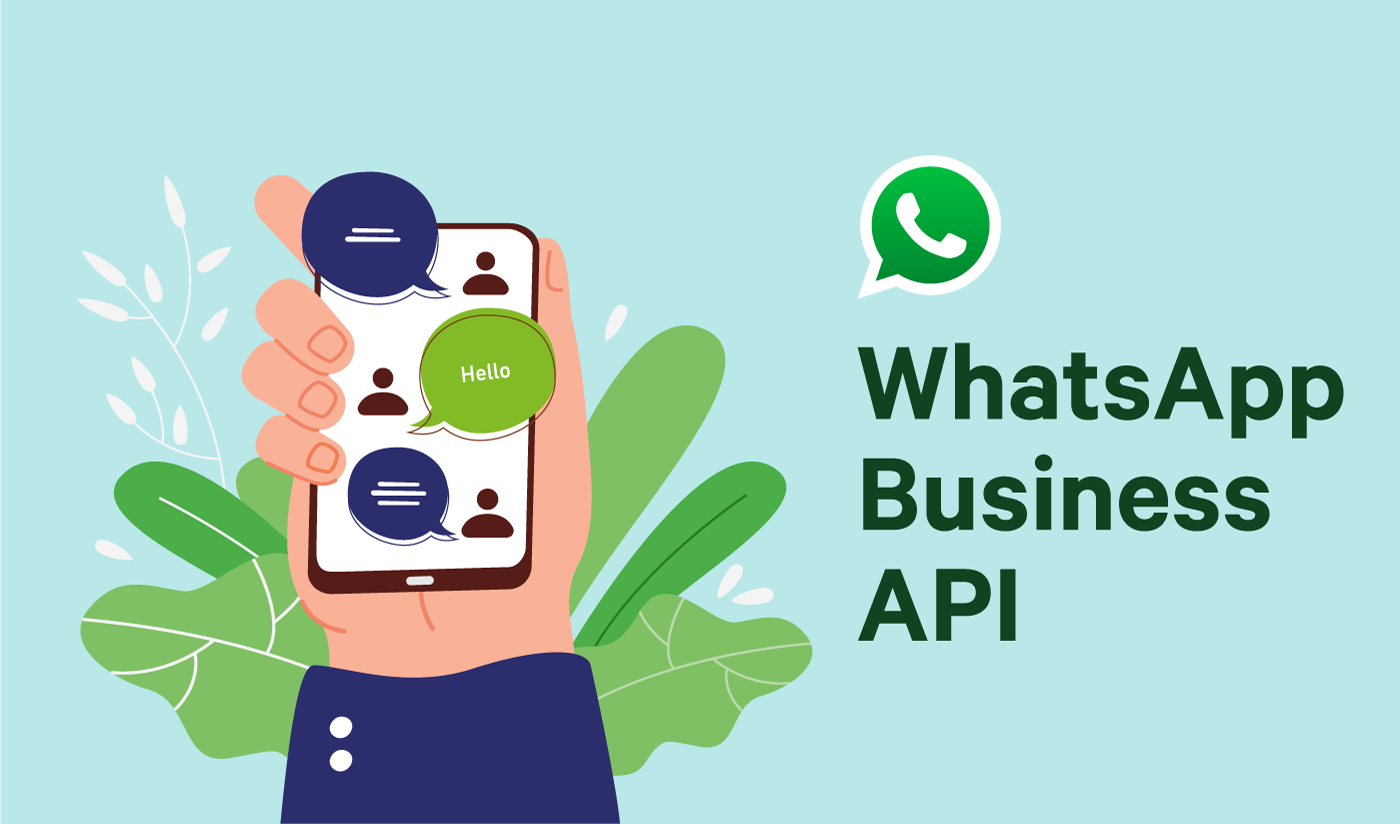Benefits Of Using Whatsapp API
WhatsApp API is a powerful tool that enables businesses to connect with their customers through the world’s most popular messaging app. With over 2 billion monthly active users, WhatsApp is a platform that businesses can no longer ignore. By using WhatsApp API, businesses can create a more personalized and engaging customer experience, automate their messaging, and ultimately, drive more sales.
One of the key benefits of using WhatsApp API is that it enables businesses to connect with customers in real-time. Unlike email or social media, which may not be checked for hours or days, WhatsApp messages are typically read within minutes of being sent. This means that businesses can respond to customer inquiries and provide support quickly, which can help build trust and loyalty.
Another benefit of using WhatsApp API is that it allows businesses to send messages in a more personalized way. Through the use of custom templates and message flows, businesses can create messages that are tailored to each customer’s needs and preferences. This can help increase engagement and drive more sales, as customers are more likely to respond to messages that are relevant to them. In addition to personalized messaging, WhatsApp API also enables businesses to automate their messaging. By setting up automated messages and chatbots, businesses can provide 24/7 support to their customers without the need for human intervention. This can help reduce response times and improve overall customer satisfaction.
How Does the WhatsApp API Work?
WhatsApp API provides businesses with a range of analytics and reporting tools. By tracking metrics such as message delivery rates, response times, and engagement rates, businesses can gain valuable insights into how their customers are interacting with their messaging. This can help businesses identify areas for improvement and optimize their messaging strategy for better results. Security is also a top priority for WhatsApp API. All messages sent through WhatsApp API are end-to-end encrypted, which means that they can only be read by the sender and recipient. This helps ensure that customer data is kept secure and private, which is particularly important for businesses that handle sensitive information.
Finally, WhatsApp API is easy to integrate with existing systems and platforms. Businesses can use APIs to integrate WhatsApp with their CRM, e-commerce platforms, and other business tools, which can help streamline workflows and improve efficiency.
WhatsApp API Features:
The WhatsApp API offers a range of features that businesses can use to improve their customer communication. Here are some of the key features of the WhatsApp API:
Messaging Templates:
Businesses can create messaging templates for frequently sent messages, such as order confirmations or shipping updates. This saves time and ensures consistency across all customer communications.
Chatbots:
Businesses can set up chatbots to handle customer queries and automate simple tasks, such as checking the status of an order or booking a reservation.
Media Sharing:
Businesses can share images, videos, and PDFs with customers, making it easier to share product information or visual instructions.
Two-Way Communication:
Businesses can have real-time conversations with their customers, allowing for more personalized and responsive customer support.
Broadcasts:
Businesses can send broadcast messages to multiple customers at once, allowing them to reach a large audience quickly and efficiently.
Security:
The WhatsApp API is encrypted end-to-end, ensuring that messages sent between businesses and customers are secure.
Examples of How Businesses Can Use the WhatsApp API:
Here are some examples of how businesses can use the WhatsApp API to improve their customer communication:
Customer Support:
Businesses can use the WhatsApp API to provide real-time customer support to their customers. Customers can reach out to the business with questions or concerns, and the business can respond quickly and efficiently using the API.
Order Updates:
Businesses can use the WhatsApp API to keep their customers updated on their order status. Businesses can send automated messages with order confirmations, delivery updates, and tracking information. This can help reduce customer anxiety and increase trust in the business.
Marketing Campaigns:
WhatsApp API allows businesses to run marketing campaigns via WhatsApp. Businesses can send promotional messages, discounts, and offers to their customers. They can also conduct surveys and collect feedback from their customers. This can help businesses reach a wider audience and improve customer engagement.
Appointment Reminders:
Businesses can use the WhatsApp API to send appointment reminders to their customers. This can help reduce no-shows and ensure that customers are prepared for their appointments. This can also help improve the customer experience and reduce the workload on customer support.
Payment Requests
Businesses can use the WhatsApp API to send payment requests to their customers. This makes it easier for customers to pay for products and services, as they can do so via WhatsApp. This can help improve the customer experience and increase sales for businesses.
Conclusion:
WhatsApp API is a powerful tool that enables businesses to connect with their customers in a more personalized and engaging way. By using WhatsApp API, businesses can automate their messaging, provide 24/7 support, and gain valuable insights into customer interactions. With its security features, easy integration, and massive user base, WhatsApp API is a must-have for businesses looking to stay ahead of the competition.


















